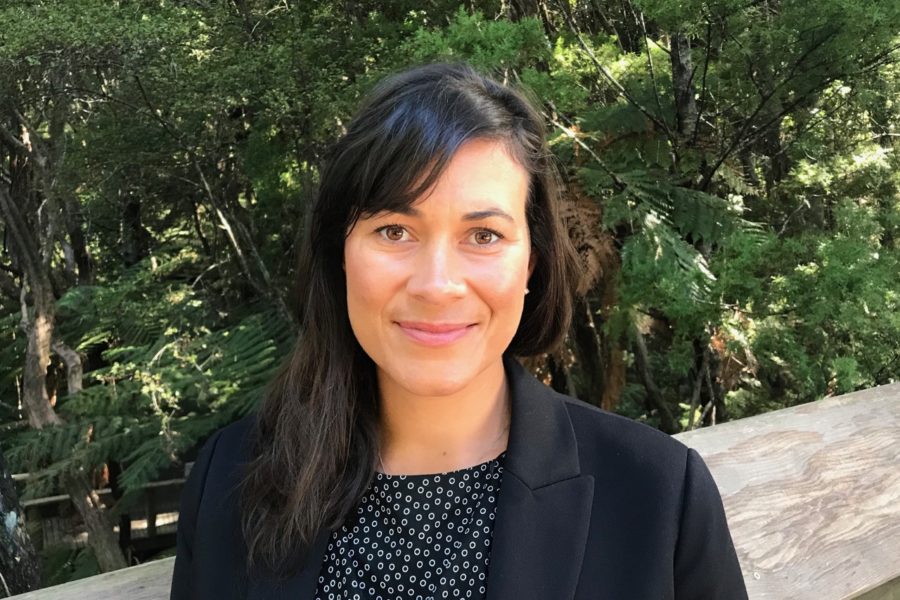 15th March 2023 Northland Inc / Perspectives
15th March 2023 Northland Inc / PerspectivesIt was not the summer many were hoping for but there is still much to aim for, writes Northland Inc’s GM of destination, Tania Burt.
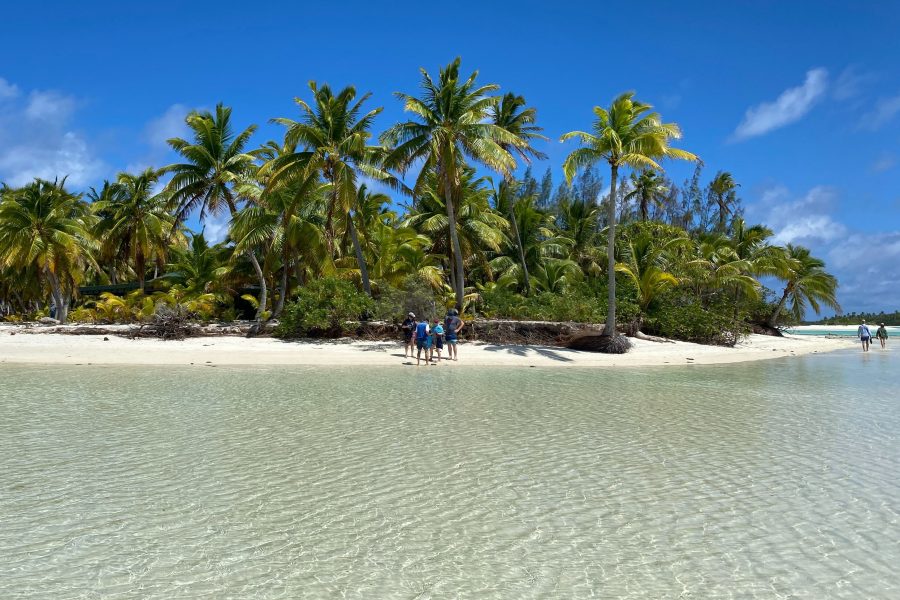 7th March 2023 Pacific / Perspectives
7th March 2023 Pacific / PerspectivesThe past three years have led to a rising awareness of alternatives to pre-pandemic tourism models in South Pacific nations.
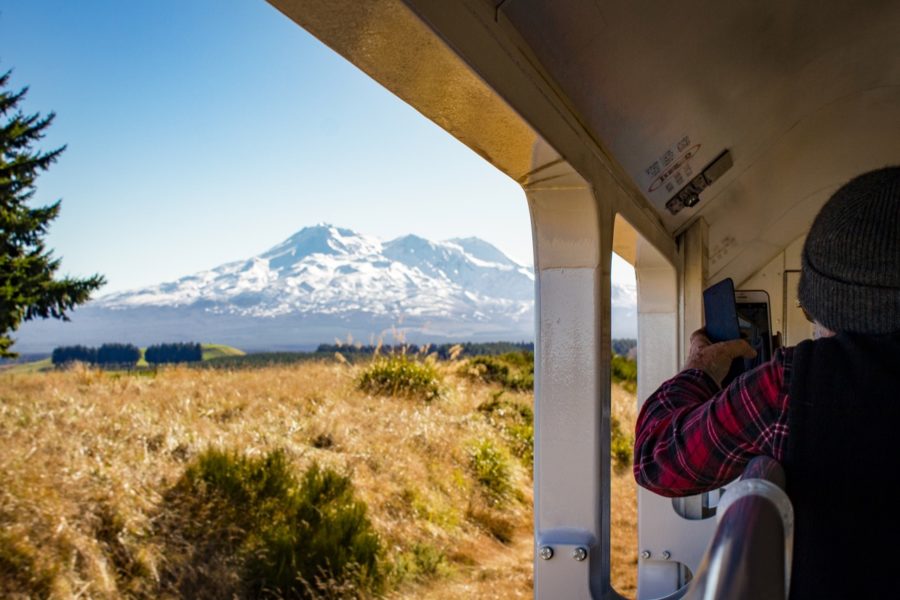 13th February 2023 Perspectives / Rail
13th February 2023 Perspectives / RailTrains in Aotearoa could help with decarbonisation as well as connecting people once again through tourism and intercity travel, write Robert McLachlan and Paul Callister.
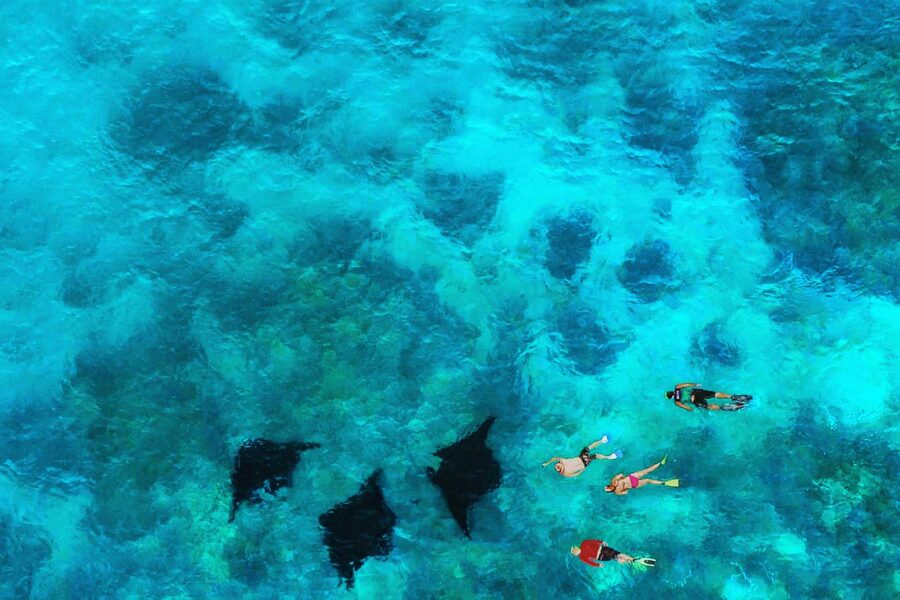 18th November 2022 Campaigns / Perspectives
18th November 2022 Campaigns / PerspectivesTourism marketers risk damaging Indigenous culture and visitor expectations through cultural stereotypes evident in national campaigns.
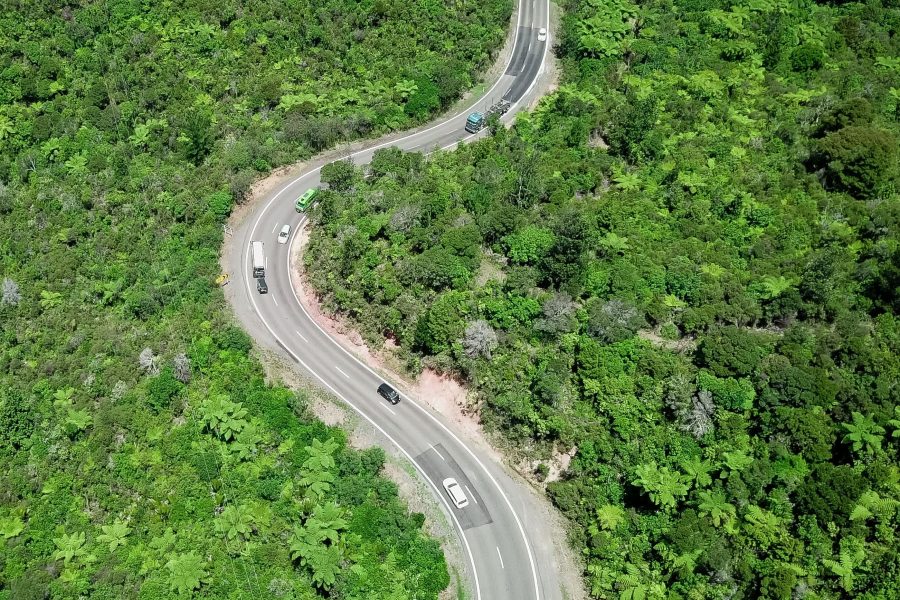 15th November 2022 Perspectives / Sustainability
15th November 2022 Perspectives / SustainabilityWhile sustainable travel is the next step in the evolution of tourism, the way consumers talk about it and what they actually do about can be very different.
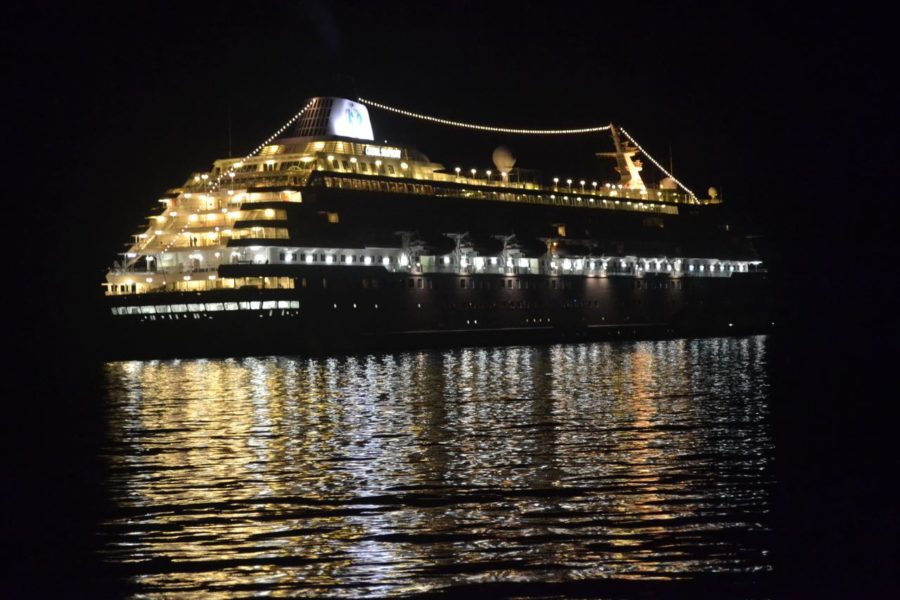 31st October 2022 Cruise / Perspectives
31st October 2022 Cruise / PerspectivesThe cruise industry has learnt much from the pandemic but more can be done to protect those at sea and on land, say researchers.
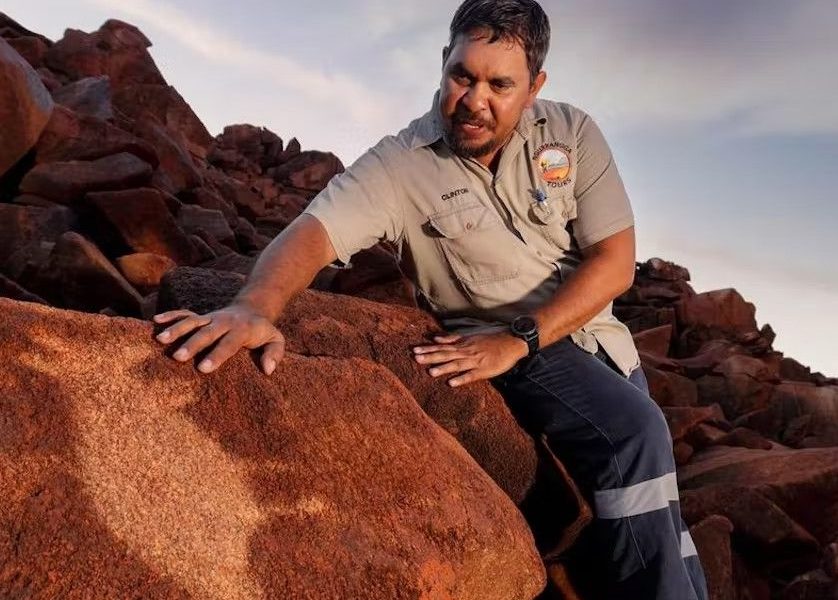 29th August 2022 Conservation / Perspectives
29th August 2022 Conservation / PerspectivesIndigenous tourism and an enhanced sense of connection to local communities can help people fight the destruction of sites of environmental and cultural significance in Australia.
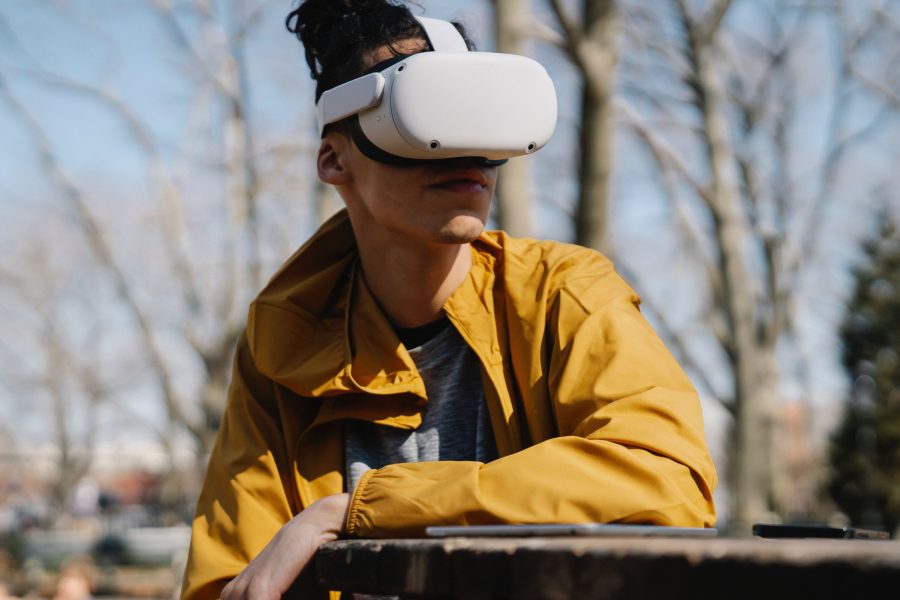 17th August 2022 Perspectives / Technology
17th August 2022 Perspectives / TechnologyAlthough tourism in the metaverse cannot replace a real-world experience, technology has the power to share sites that are not easily accessible or completely ignored.
 25th July 2022 Opinion / Perspectives
25th July 2022 Opinion / PerspectivesBusinesses that develop a comprehensive well-being plan can go a long way to preventing mental health problems in the workplace.
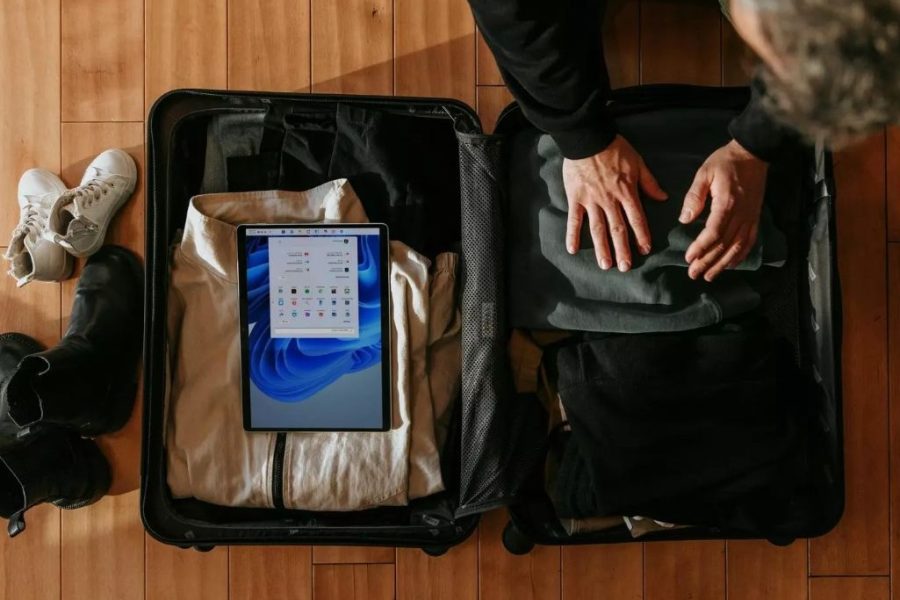 7th July 2022 Opinion / Perspectives
7th July 2022 Opinion / PerspectivesThe World Economic Forum turns to two experts to highlight some of the key areas of risk and opportunity in the sector.
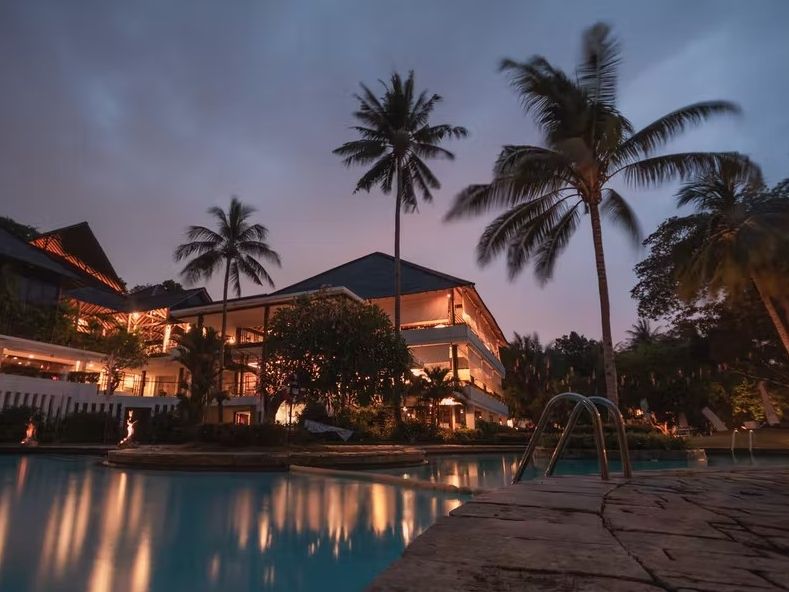 5th July 2022 Hotels / Perspectives
5th July 2022 Hotels / PerspectivesHoteliers had to take drastic action to survive and we can all learn from their challenges.
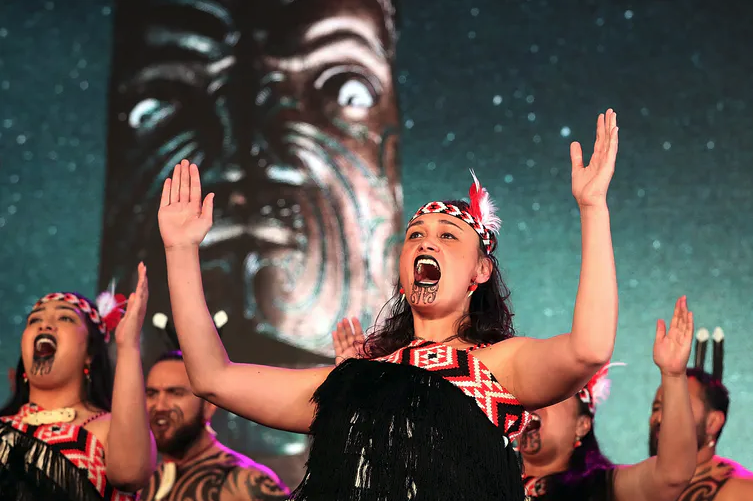 22nd June 2022 Matariki / Perspectives
22nd June 2022 Matariki / PerspectivesThere are natural reasons for wanting to take advantage but businesses should tread carefully, writes the University of Auckland’s Mike Lee.
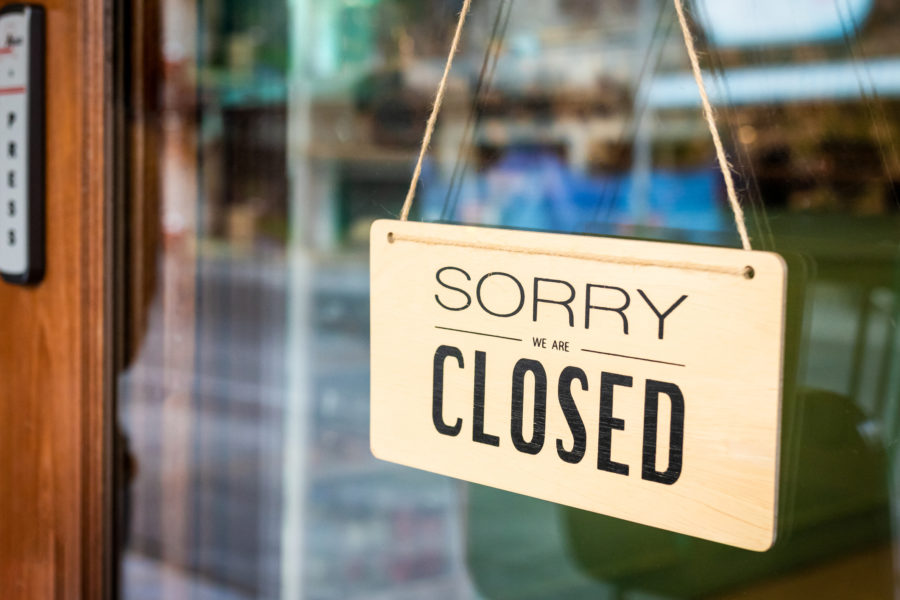 20th May 2022 Budget 2022 / Perspectives
20th May 2022 Budget 2022 / PerspectivesThe industry needs more practical help in the recovery, writes TECNZ’s Lynda Keene.
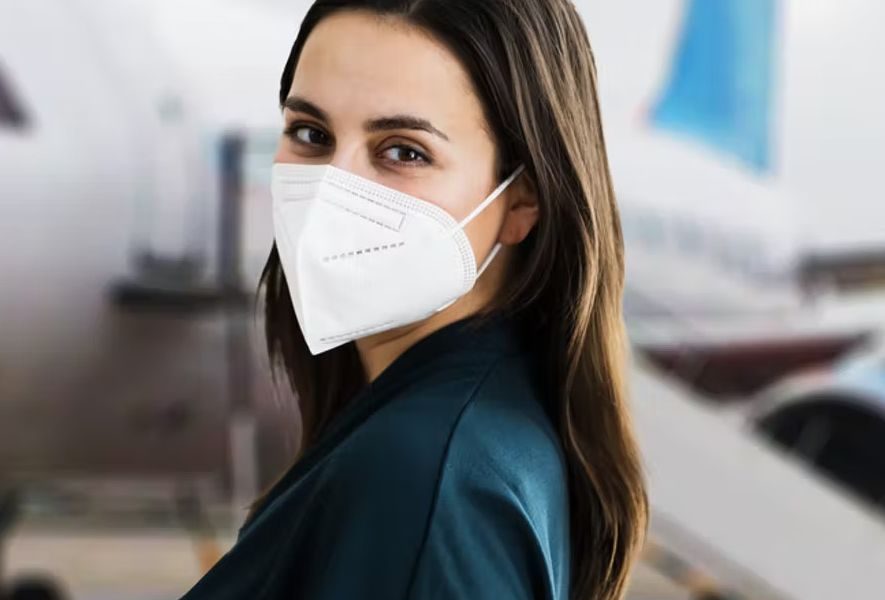 28th April 2022 Covid-19 / Perspectives
28th April 2022 Covid-19 / PerspectivesWhy are business travellers more at risk?
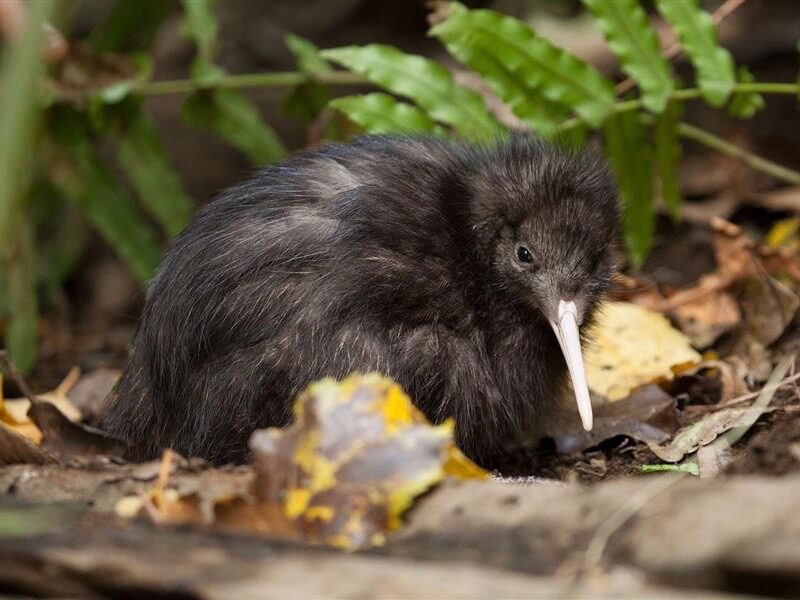 27th April 2022 Environment / Perspectives
27th April 2022 Environment / PerspectivesThe key is investing in both small-scale infrastructure and conservation, write researchers.
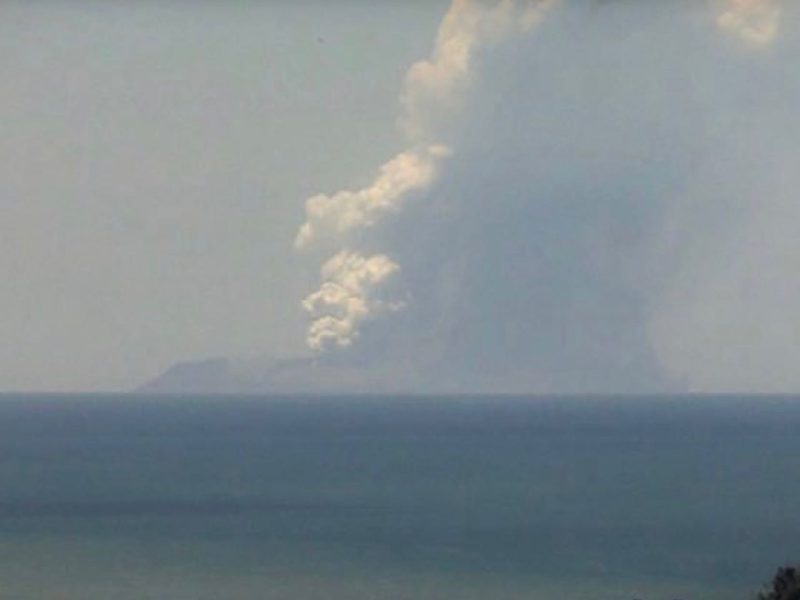 21st April 2022 Perspectives / Research
21st April 2022 Perspectives / ResearchSpecific volcano traits could form the basis of a new eruption warning system.
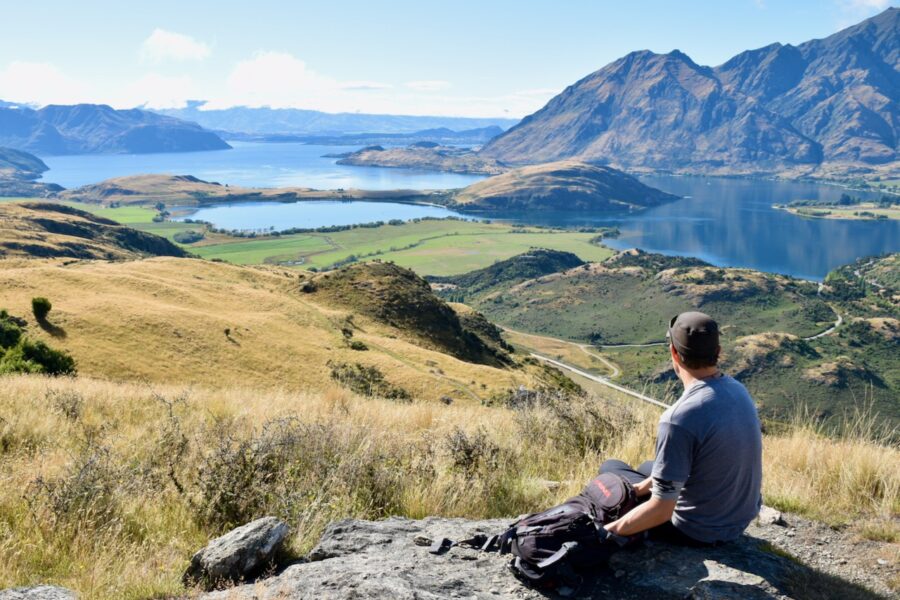 8th April 2022 Opinion / Perspectives
8th April 2022 Opinion / PerspectivesWith the reopening of the border from next week, the future of tourism comes into sharp relief.
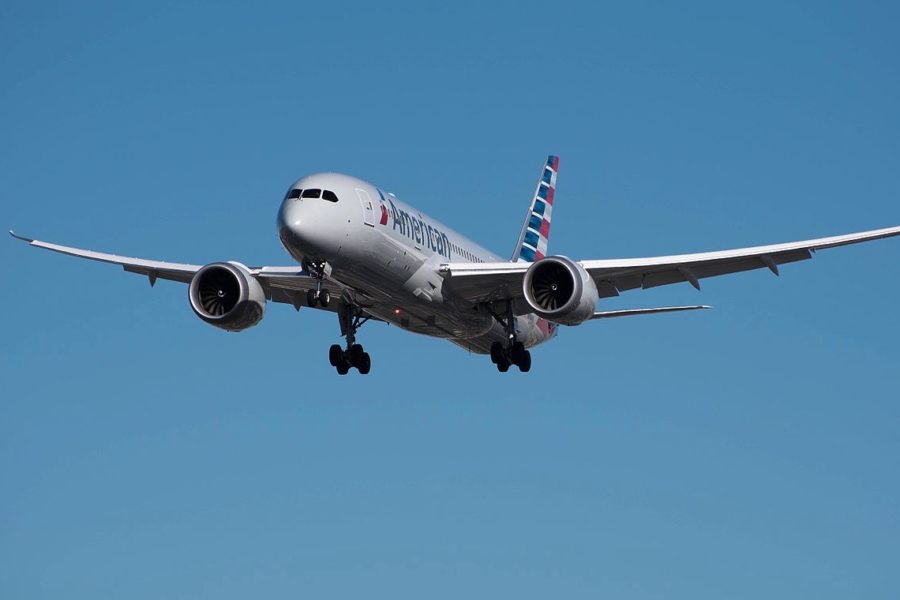 5th April 2022 Environment / Perspectives
5th April 2022 Environment / PerspectivesReducing air travel is one of the recommendations made to tackle climate change.
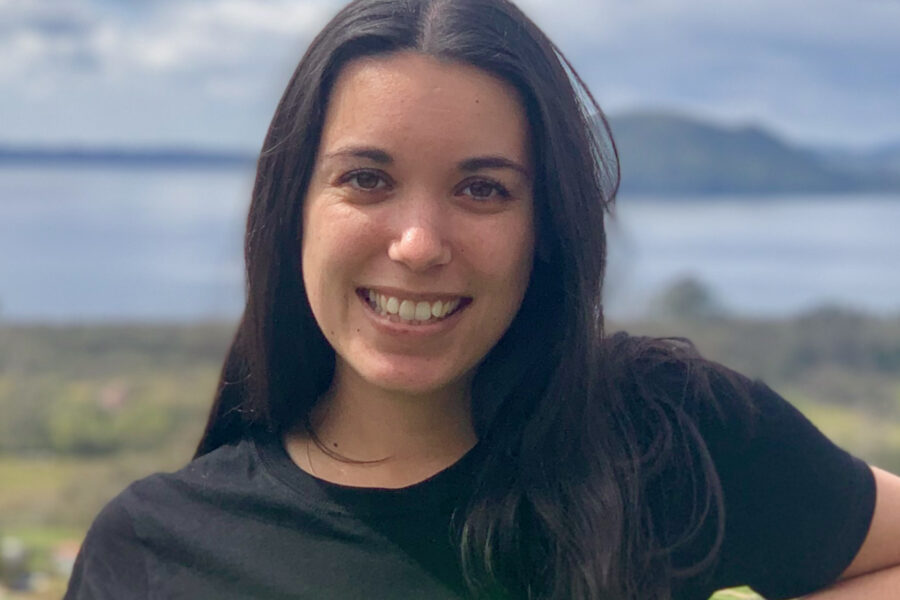 29th March 2022 Perspectives / YoungTEC
29th March 2022 Perspectives / YoungTECYoungTEC is gearing up for another significant year off supporting and nurturing the next generation of industry leaders, writes chair Charlotte Brady.
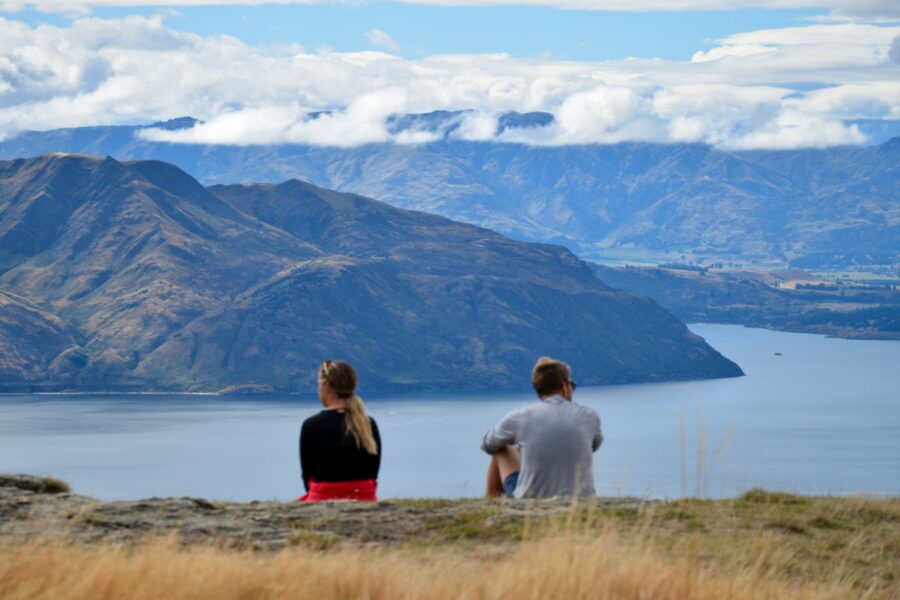 22nd March 2022 Opinion / Perspectives
22nd March 2022 Opinion / PerspectivesSimply focusing on ‘high value’ tourism will come with costs for businesses and communities.
 1st March 2022 Perspectives / TECNZ
1st March 2022 Perspectives / TECNZFor inbounders, who need to plan 12-24 months ahead, there’s still a lot that needs to be confirmed before they can really rejoice, writes Tourism Export Council of New Zealand chief executive Lynda Keene.
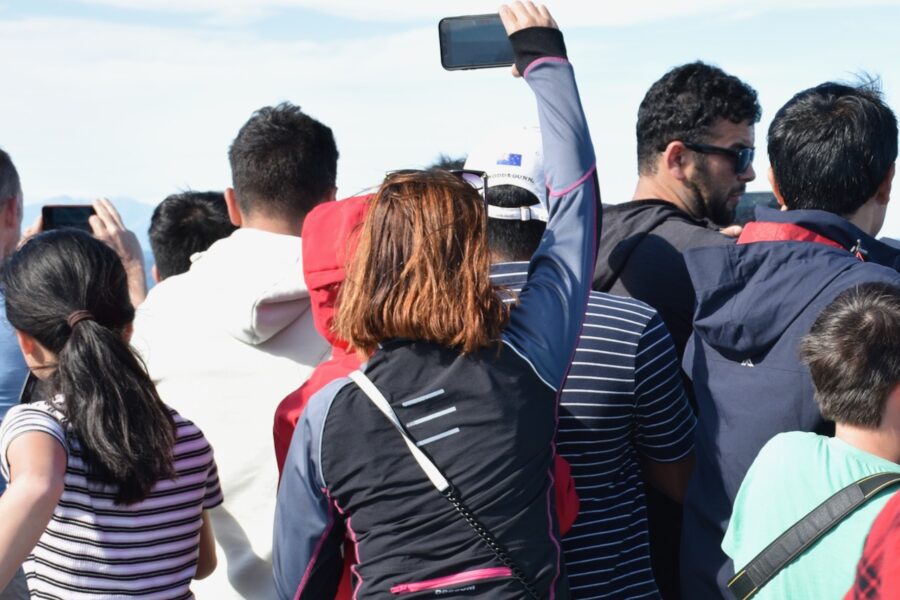 11th February 2022 Opinion / Perspectives
11th February 2022 Opinion / PerspectivesThere are serious negative future social and economic implications if there is a weak tourism recovery.
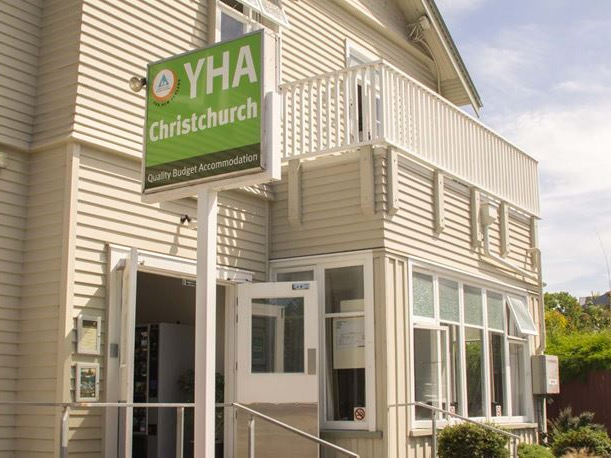 26th November 2021 Perspectives
26th November 2021 PerspectivesYHA’s former GM of marketing and sales, Brian Westwood, says tourism’s collective strength will help it through this crisis.
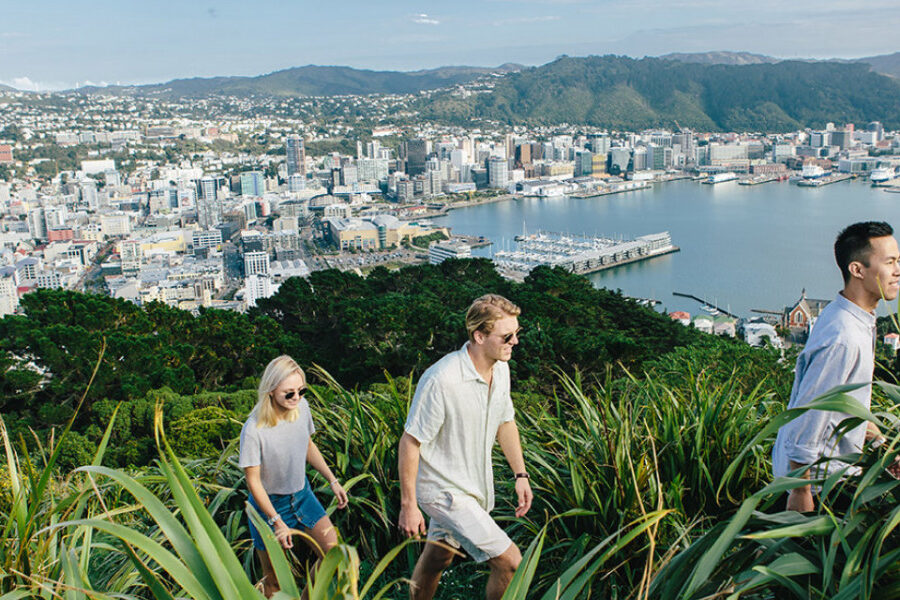 18th November 2021 Perspectives
18th November 2021 PerspectivesAuckland visitors contributed $218m to Wellington’s economy pre-Covid but at the moment they cannot spend anything, writes WellingtonNZ CEO John Allen.
 28th September 2021 Perspectives
28th September 2021 PerspectivesThe country’s events sector needs help as losses mount, writes Ségolène de Fontenay, general manager of New Zealand Events Association.
 15th September 2021 Covid-19 / Perspectives
15th September 2021 Covid-19 / PerspectivesWhy demanding vaccine ‘passports’ from customers raises questions about discrimination, inequality and coercion.
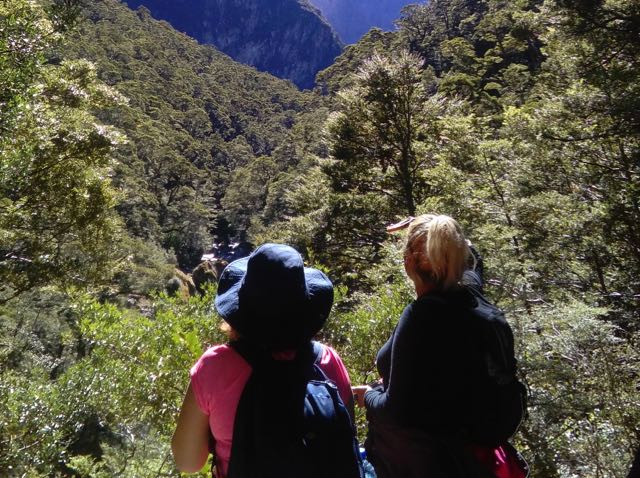 23rd July 2021 Perspectives
23rd July 2021 PerspectivesDestination Queenstown’s departing acting chief executive, Ann Lockhart, writes that regenerative tourism means more than ‘sustainability’ and argues it’s also good business practice.
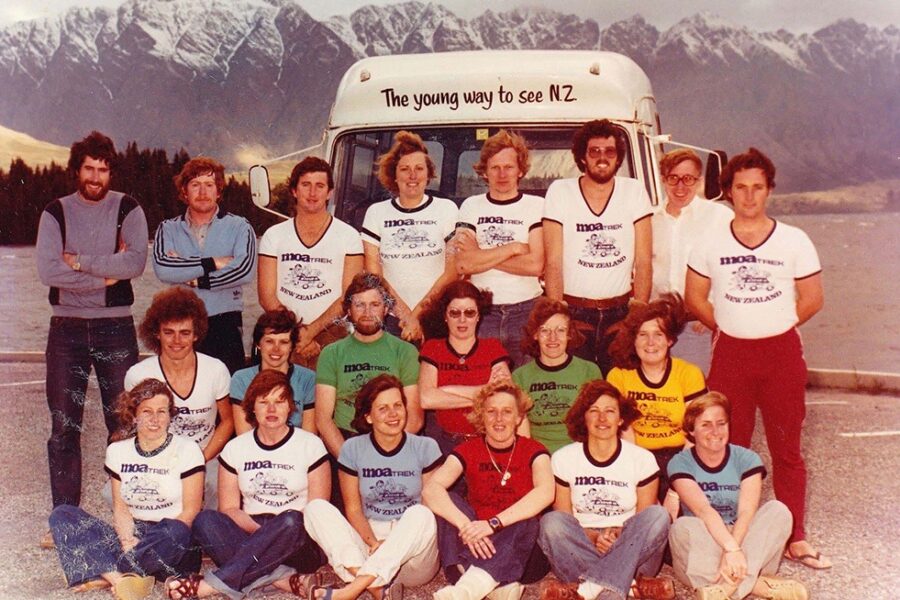 8th June 2021 MoaTrek / Perspectives
8th June 2021 MoaTrek / PerspectivesMoaTrek managing director Miles Clark writes even a global pandemic hasn’t slowed down the business, which celebrates its 50th birthday this year.
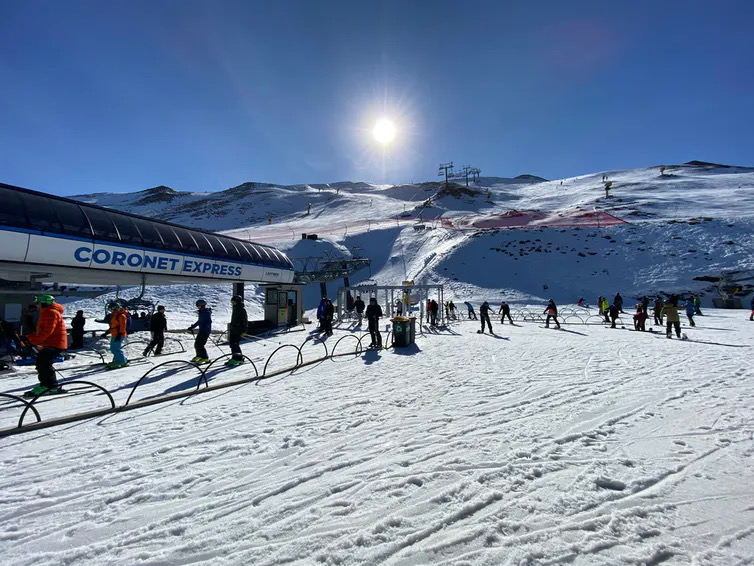 15th April 2021 Perspectives
15th April 2021 PerspectivesThere’s good reason to be optimistic, writes AUT tourism professor Michael Lueck.
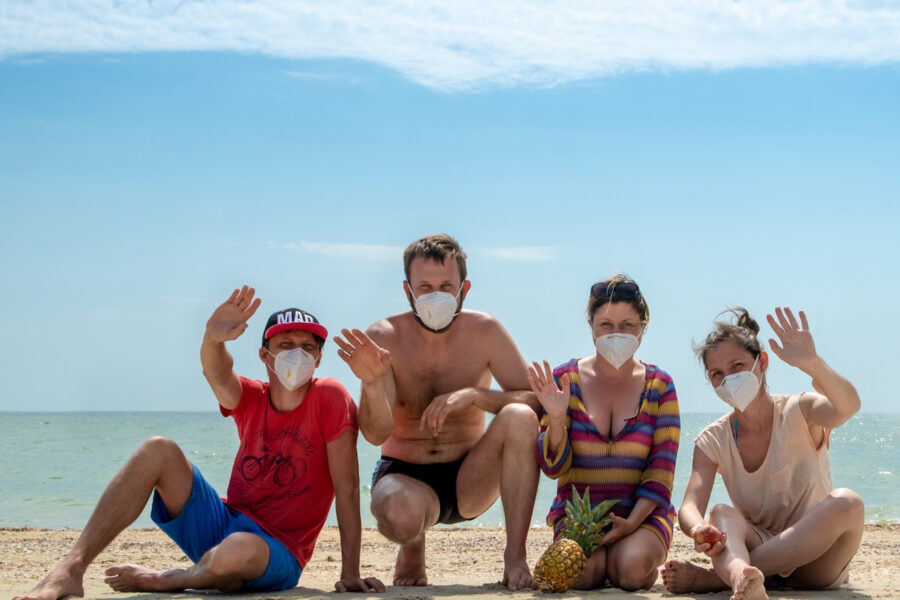 13th April 2021 Perspectives
13th April 2021 PerspectivesWhy promoting specific destinations to potential post-Covid tourists may no longer make any sense.
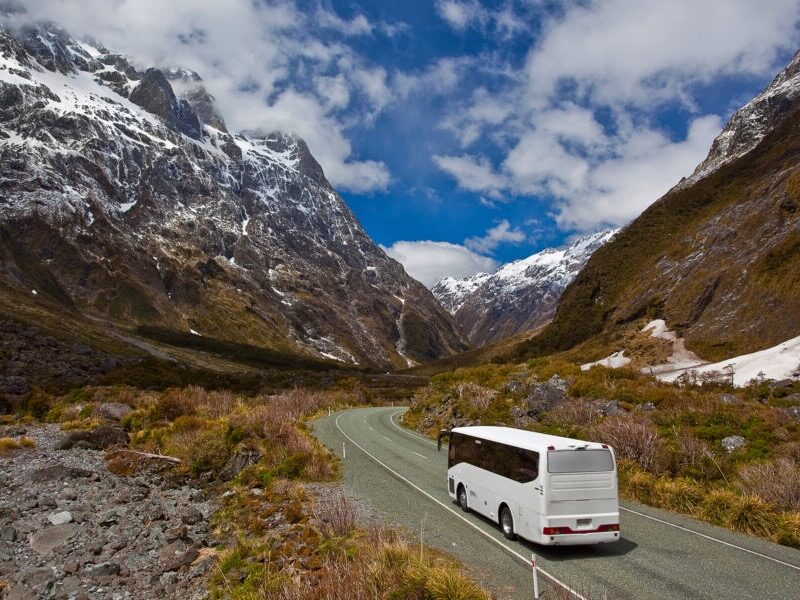 18th March 2021 Perspectives
18th March 2021 PerspectivesBus & Coach Association acting chief executive Alex Voutratzis calls on the Government to do more to protect not just tourism but the communities the sector supports.
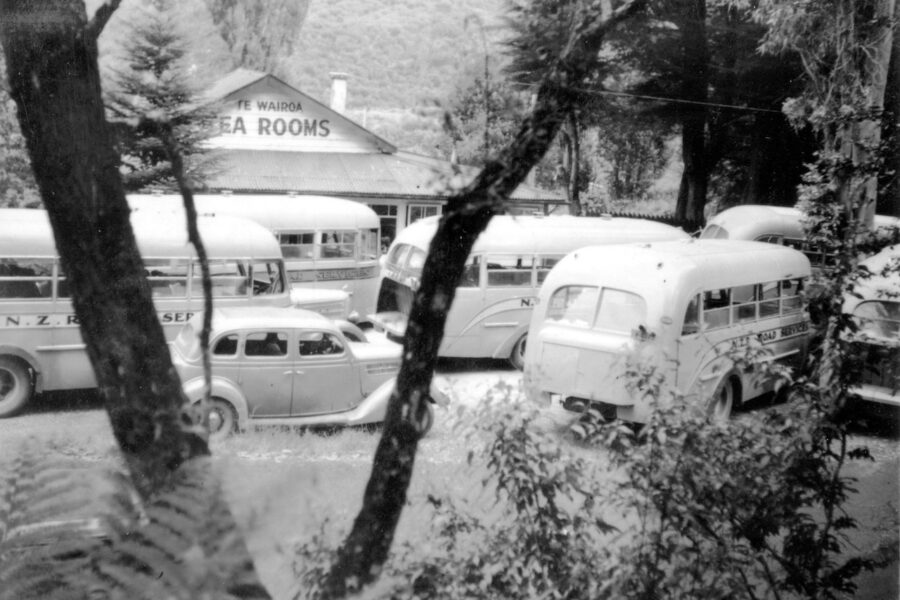 9th March 2021 Perspectives
9th March 2021 PerspectivesAs Buried Village of Te Wairoa celebrates 90 years, operations manager Amanda McGrath looks back for guidance and examples of resilience.
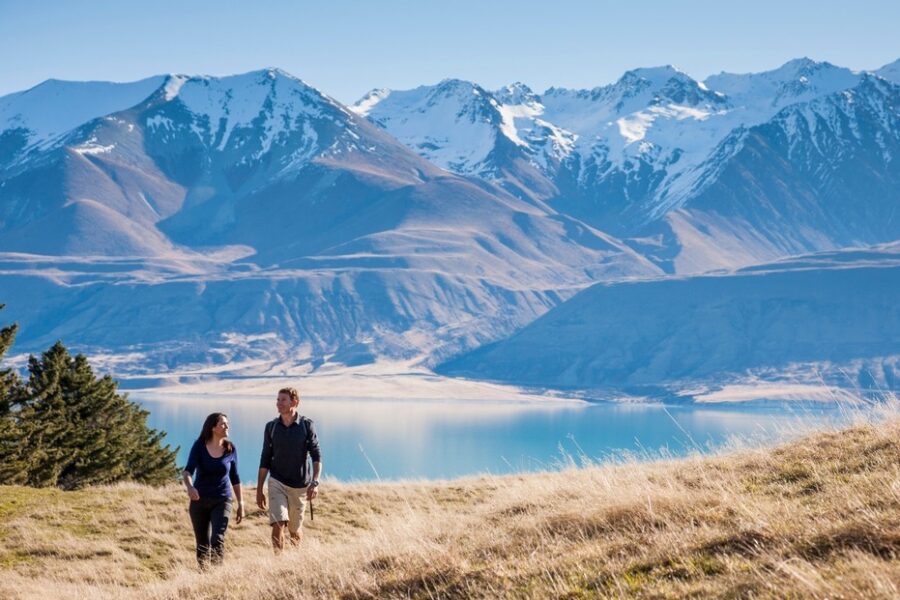 19th February 2021 Perspectives
19th February 2021 PerspectivesThe PCE report is a paradigm shift towards increasing tourism accountability, writes Professor James Higham.
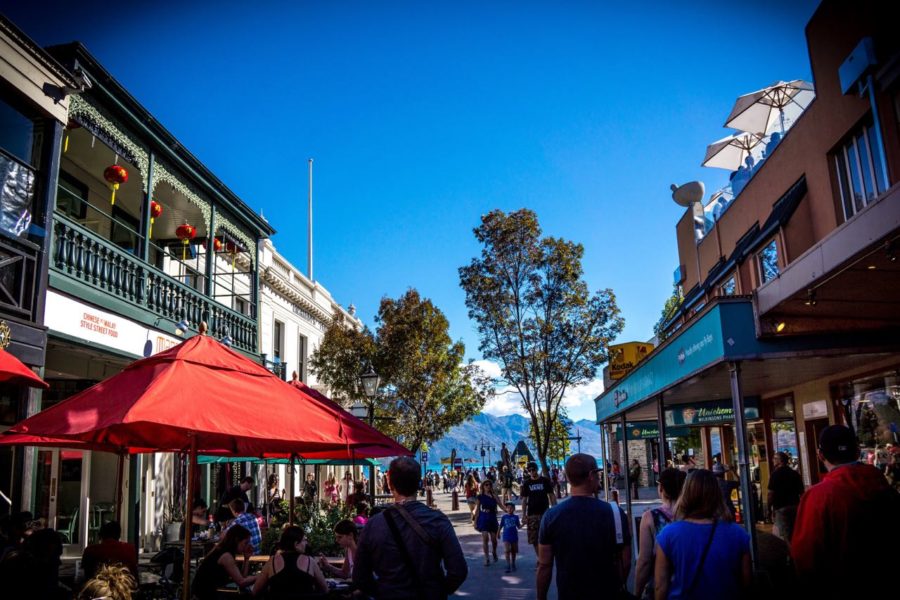 9th November 2020 Perspectives
9th November 2020 PerspectivesQLDC’s economic development manager, Peter Harris, argues the need to rethink how we value tourism and why now is the time to do it.
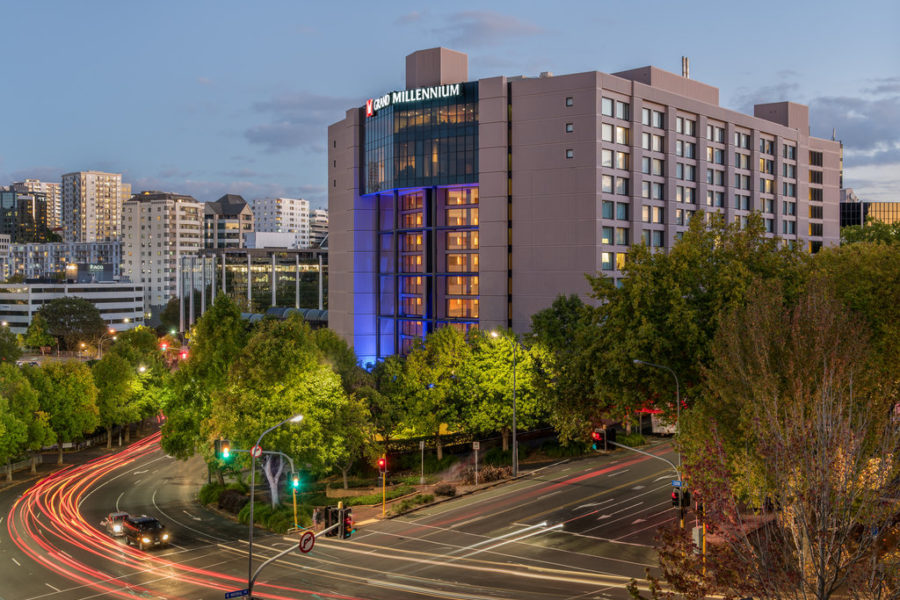 12th October 2020 Perspectives
12th October 2020 PerspectivesLincoln University’s Dr Anthony Brien lays out the rationale for the new Hotel Council Aotearoa.
 8th October 2020 Perspectives
8th October 2020 PerspectivesTIA’s Chris Roberts says there is no structure, system or funding dedicated to the research needs of our industry.
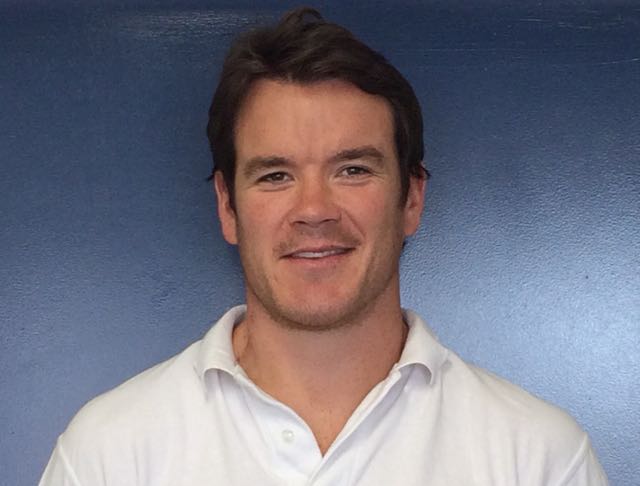 6th October 2020 Perspectives
6th October 2020 PerspectivesDC’s Hadley Dryden on reconnecting with nature and communities, the importance of Regional Tourism NZ, and ticking something off your bucket list.
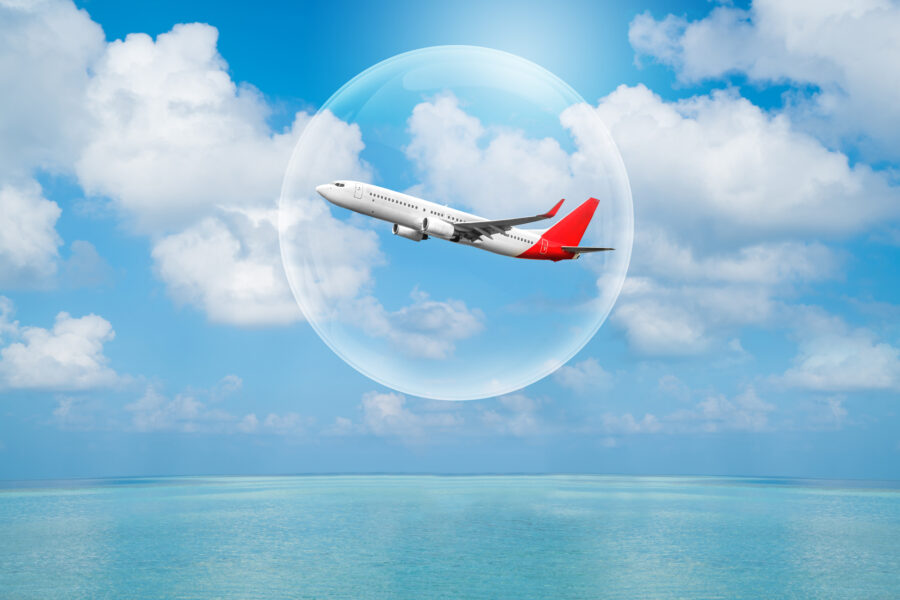 22nd September 2020 Perspectives
22nd September 2020 PerspectivesAotea New Zealand director Richard Hanson calls on the Government to outline its conditions for vaccine-based travel so operators can plan for the recovery of New Zealand tourism.
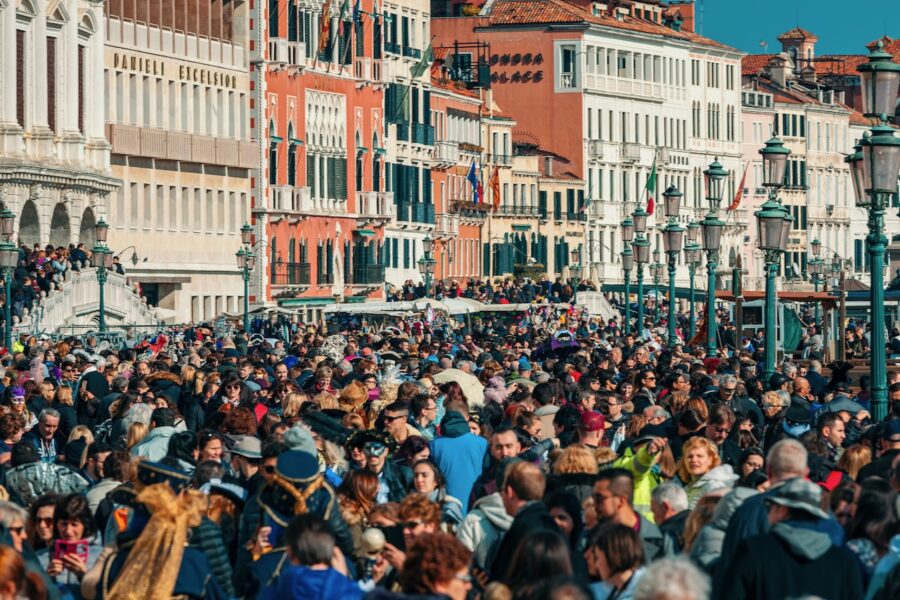 4th September 2020 Perspectives
4th September 2020 PerspectivesWe must not return to the type of hyper-development that tourism suffered from, argues Dr Freya Higgins-Desbiolles.
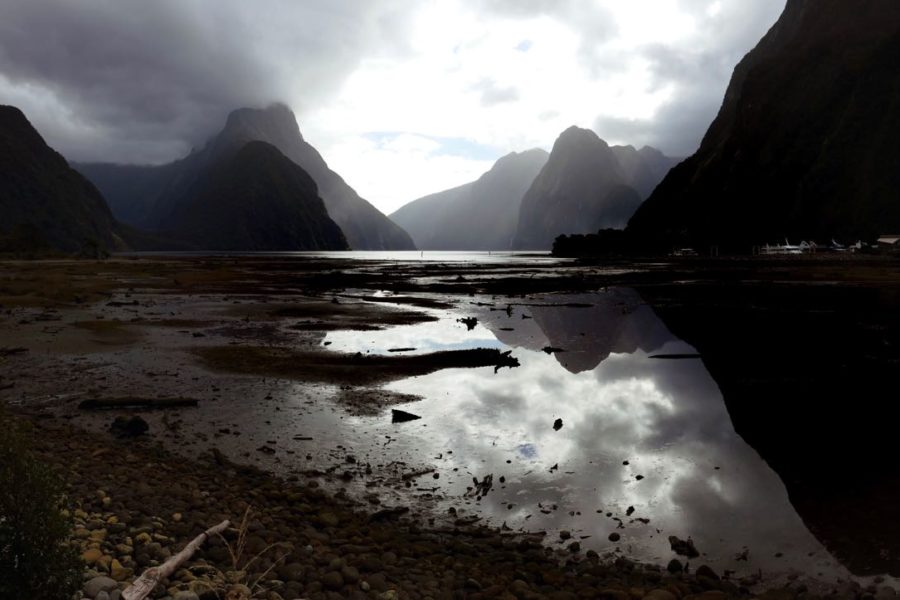 31st August 2020 Perspectives
31st August 2020 PerspectivesA country’s online brand can help attract visitors and investment.
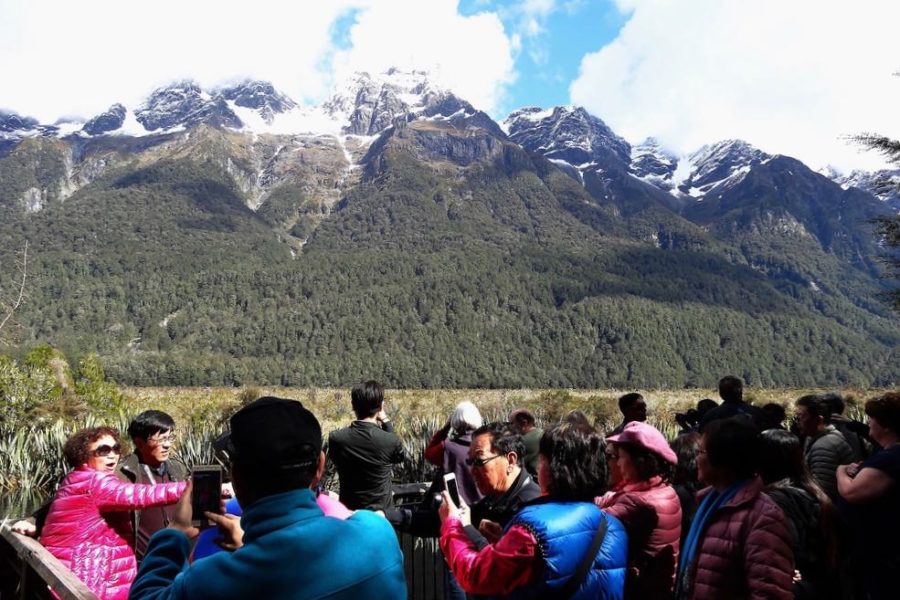 11th August 2020 Perspectives
11th August 2020 PerspectivesNew Zealand and Hawai’i both have strengths as island communities that will help them make a much-needed shift in tourism values, writes Professor Pauline Sheldon from the University of Hawai’i.
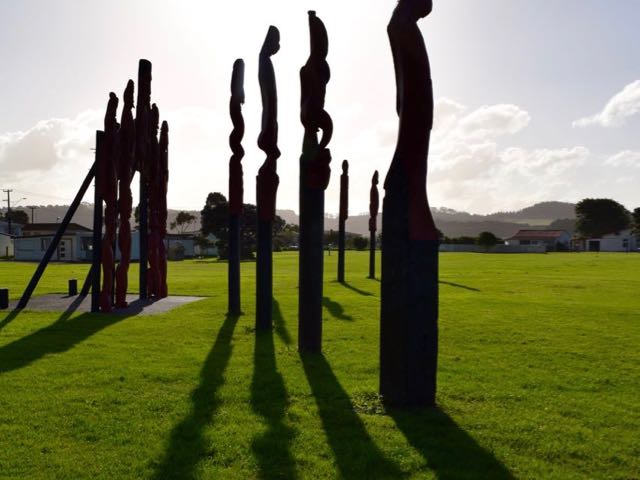 6th August 2020 Perspectives
6th August 2020 PerspectivesChair of Ngāti Kahungunu Iwi Incorporated and member of the Government’s Tourism Futures Taskforce, Ngahiwi Tomoana, on why you cannot look for answers to tourism problems within the industry alone.
 27th July 2020 Perspectives
27th July 2020 PerspectivesWe can build a stronger, more purposeful industry, with the help of the next generation of leaders, says YoungTEC’s chair.
 21st July 2020 Hotels / Perspectives
21st July 2020 Hotels / PerspectivesCornell University School of Hotel Administration’s Emeritus Professor of Operations Management, Sherri Kimes, on why revenue management management matters more than ever in a capacity-constrained post-Covid world.
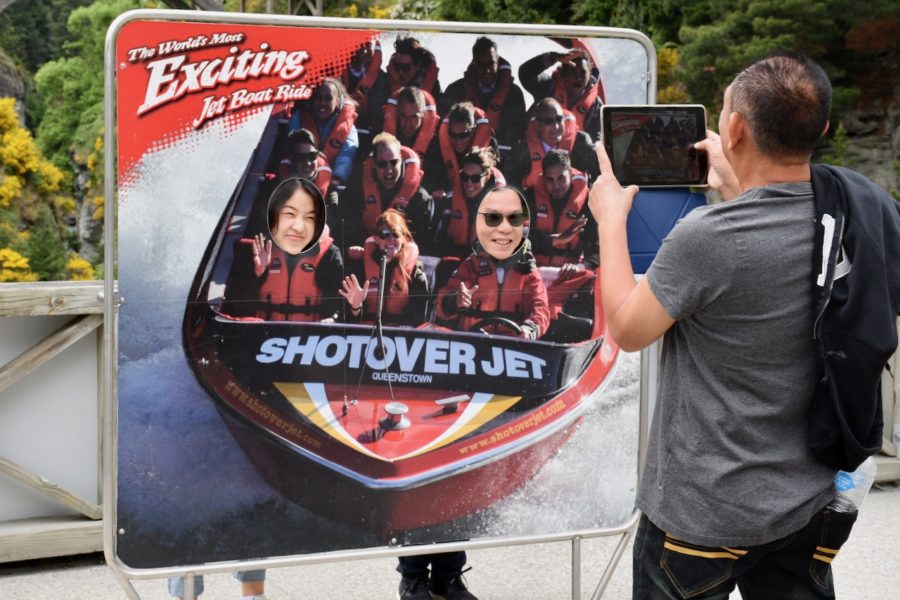 6th July 2020 Perspectives
6th July 2020 PerspectivesDesperate times call for desperate measures – but letting desperation drive you to discounting can end up with disastrous results, argues Dr Anthony Brien, senior lecturer in business and hotel management at Lincoln University.
 3rd July 2020 Perspectives
3rd July 2020 PerspectivesUniversity of Otago professor of tourism, James Higham, argues regional travel bubbles will create a high-value, low-leakage and low-emissions tourism future.
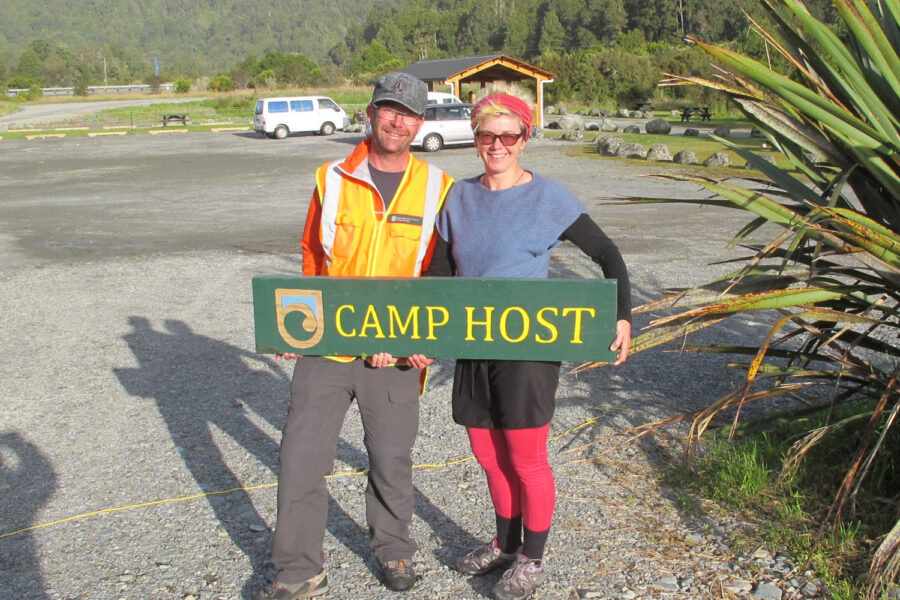 30th June 2020 Perspectives
30th June 2020 PerspectivesAs New Zealand travel writers throw themselves with gusto into rebuilding domestic tourism, Sarah Bennett proposes a ban on ‘secret beaches’, ‘hidden gems’ and other ‘underrated’ places in favour of a more inclusive and strategic approach.
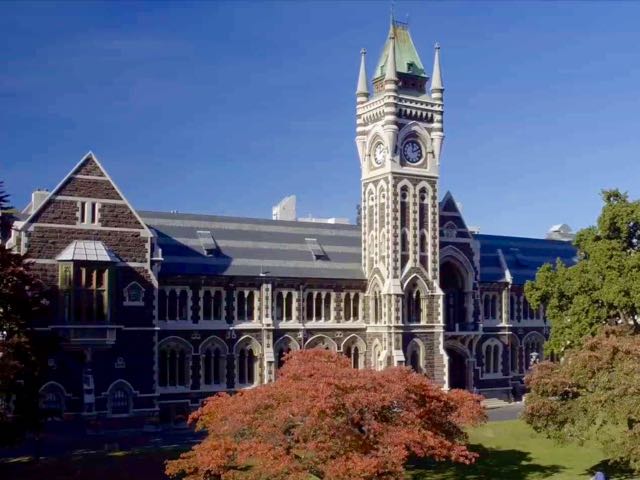 23rd June 2020 Education / Perspectives
23rd June 2020 Education / PerspectivesAuckland University of Technology’s senior lecturer in economics, Dr Rahul Sen, andInternational Business, Strategy and Entrepreneurship lecturer, Swati Nagar, on how NZ universities can turn the Covid-19 induced international student crisis into an opportunity.
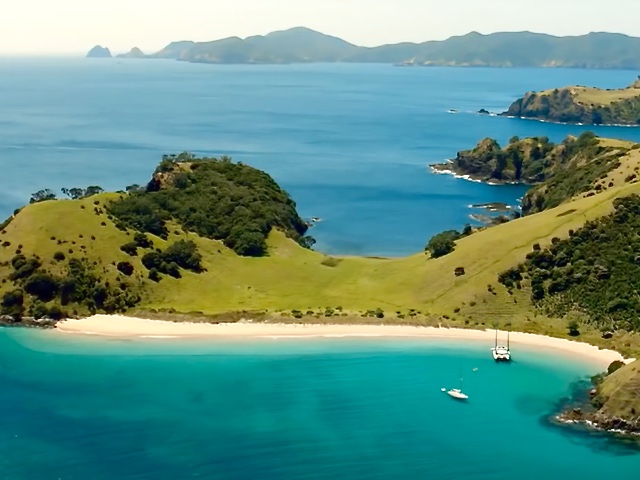 22nd June 2020 Perspectives
22nd June 2020 PerspectivesHotel revenue management consultant Joe Ellingham from Revenue Team on the opportunity available to operators in a region-led recovery.
 15th June 2020 Perspectives
15th June 2020 PerspectivesITO XperieNZ founder Kumar Swaminathan on why New Zealand must look beyond Australia and the importance of opening our borders to Asia.